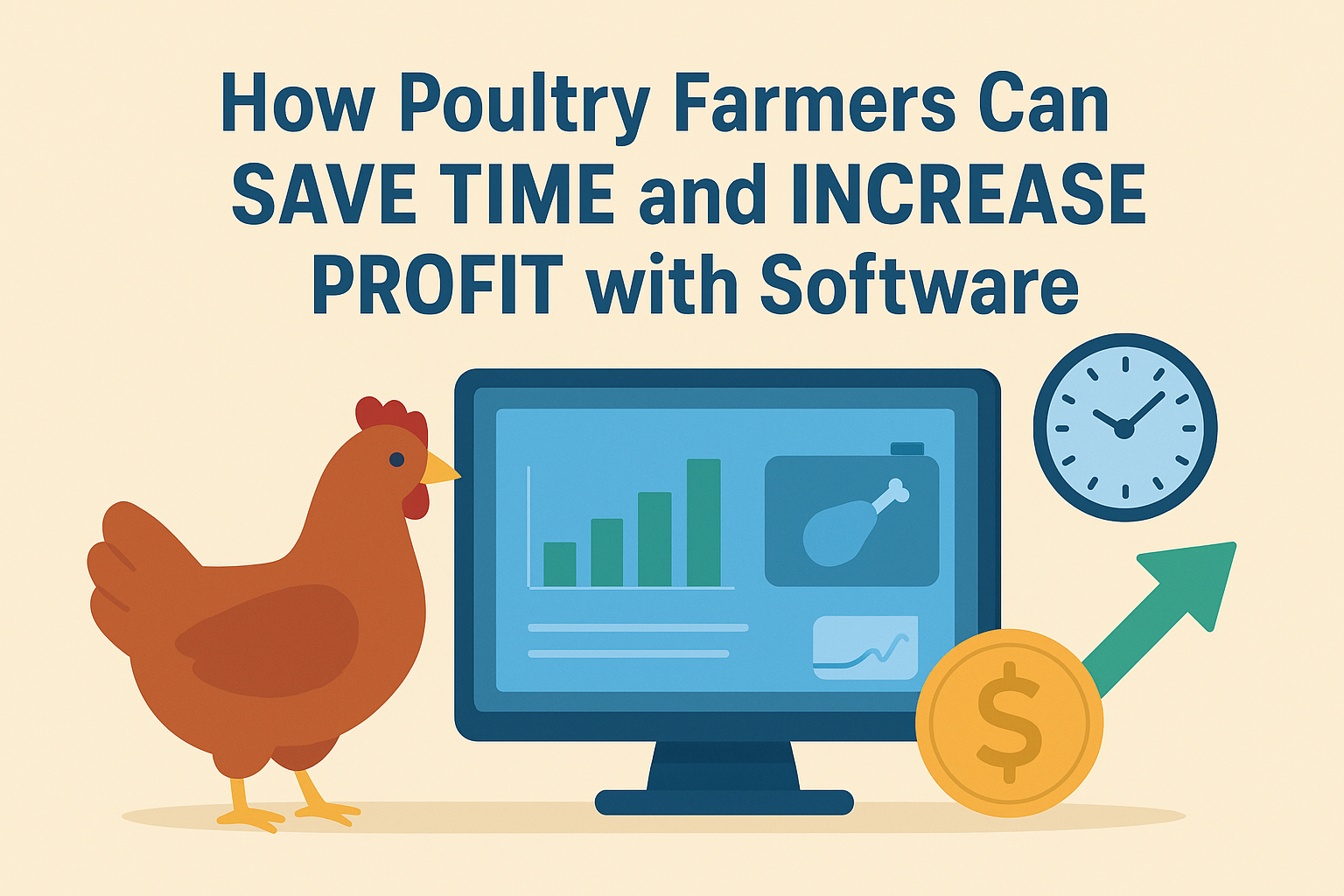Farm management software centralizes, manages, and optimizes the production activities and operations of farms. With farm management software, farmers can become strategic and efficient in their daily farm-related tasks and responsibilities. Farm management software automates the recording and storage of farm data, monitors and analyzes farm activities and consumption, and tracks business expenses and farm budgets. Additionally, the software can support farm financial management with accounting programs, farm planning and procurement functionality, and marketing and budgeting tools.
Why Use Farm Management Software?
Farm management software is useful for a variety of reasons in the farming industry and has proven essential to farmers, growers, and agronomists alike.
Resource Accountability - Farm management software keeps track of agricultural resources, including chemicals, livestock feed, and machinery. Not only do farmers have the ability to monitor resources, but they also have the ability to maintain a resource budget and ensure resources are being used efficiently and properly.
Reporting - Farm management solutions offer useful analytics involving a farm’s ecosystem. For example, the ability to anticipate and prevent risks associated with adverse weather or an influx of pests, as well as the ability to measure soil quality, helps farmers stay ahead of the game when it comes to maintaining the best possible crop production.
Labor Cost Savings - With streamlined and automated processes, farm management software is cost-effective in terms of labor savings. Basic crop monitoring tasks are easily handled by farm management software.
Who Uses Farm Management Software?
Farmers - Farmers benefit greatly from farm management software and generally take advantage of the main features, including crop and field management, livestock management, and inventory management. Streamlining crop monitoring, livestock monitoring, and other central aspects of farming is both cost-effective and resource-effective.
Growers - For growers, farm management streamlines the important aspects of growing and harvesting, such as weather pattern monitoring, mapping, and crop management.
Agronomists - An agronomist is a soil management and crop production expert. Farm management software helps agronomists understand crop profitably, as well as track soil and crop samples. Agronomists can also use crop reporting tools within farm management software to better understand the impacts that weather and other uncontrollable patterns have on crops and soil.
Kinds of Farm Management Software
Large Farm Management - For large farms, an integral benefit farm management solutions can provide is large-scale farming insights. The larger the farm, the more difficult it is to keep track of compliance issues, livestock, and supplier records. Farm management solutions that are tailored to larger farms help standardize productivity and streamline all aspects of an enterprise farm.
Small Farm Management - While the features are similar to the large farm version, small farm management software focuses more on providing easy access to crop information, farm health overviews, and inventory insights.
Farm Management Software Features
Crop and Field Management - Farmers can easily monitor crop population with farm management software by using its crop reporting functionality. Field management insights involve rainfall analytics and crop planning.
Mapping - Farmers can easily map their own farm to help visualize the placement of crops.
Livestock Management - Farmers can keep track of their livestock, their feeding times, and locations.
Financial Analytics - Farm management software offers a robust amount of financial analytics to help farmers keep track of the cost and potential sale price of crops all year round. Other financial-related features include budgeting tools, harvest and crop cost trends, and supplier cost records.
Labor Tracking - For farmers that employ a multitude of field workers, labor tracking is a useful benefit. Labor tracking provides data that allow farmers to understand how much time employees are spending on the farm and where time is being spent.
Inventory Management - Inventory management features include record keeping for farm essentials, such as supplies and chemicals. Items like machinery, fertilizer, seeds, and livestock feed are easily tracked within farm management solutions.
Trends Related to Farm Management Software
Field Image Recognition - Image sensors are changing the way farms nurture crops. Farmers can place sensors with image recognition and view their crops anywhere, anytime. Simply put, a farmer can check on whether or not certain crops need to be harvested by the push of a button, further advancing farm management software mapping capabilities.
Drone Monitoring - Drone monitoring elevates the usefulness of general farm management software crop monitoring by giving farmers an aerial view of the entire farm. Additionally, drones can be used to efficiently spray fertilizer and drop seeds.
Software and Services Related to Farm Management Software
Crop Management Software - Crop management software monitors and optimizes the crop production of a farm in a deeper way compared to standard farm management software. With crop management software, farmers can better understand the costs that impact overall crop profitability.
Livestock Management Software - Livestock management software helps farmers record and track livestock. Livestock management products offer animal inventory management. This is a great supplement to farm management software that dives deeper into the logistics of owning livestock.






